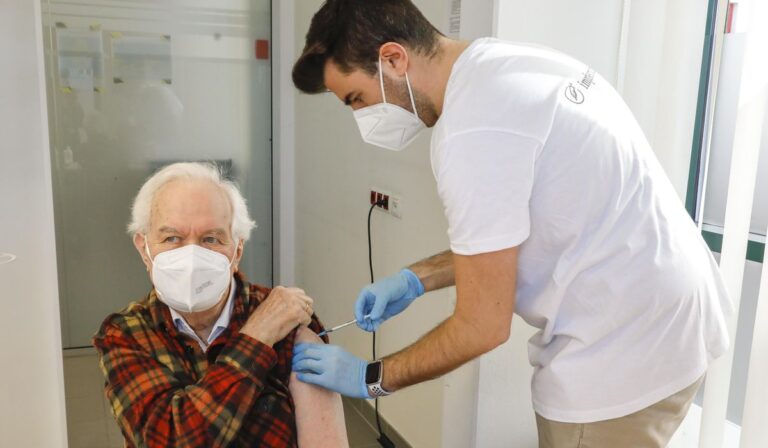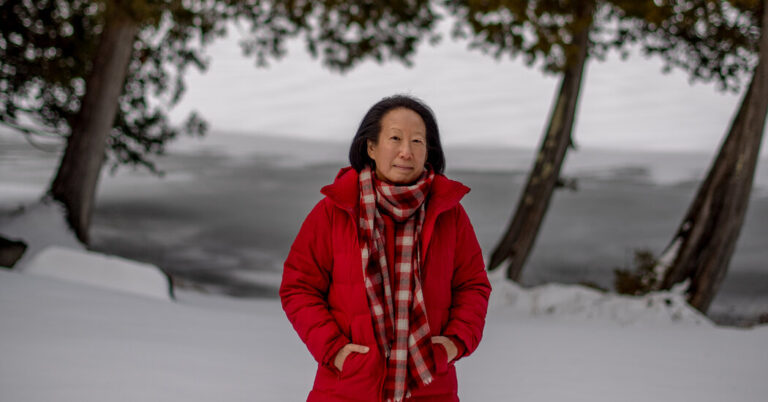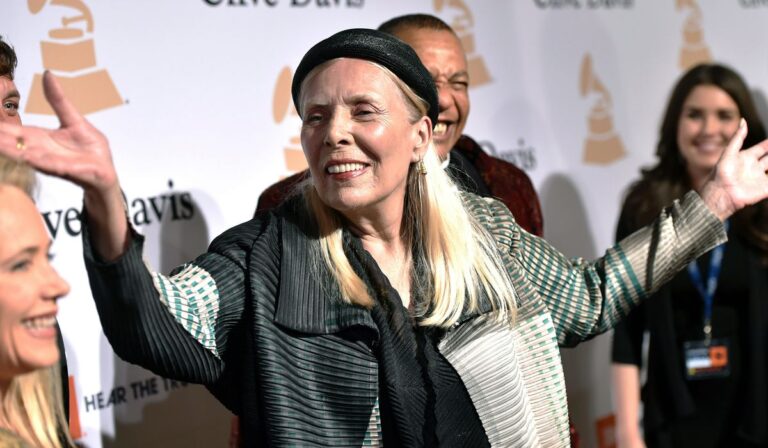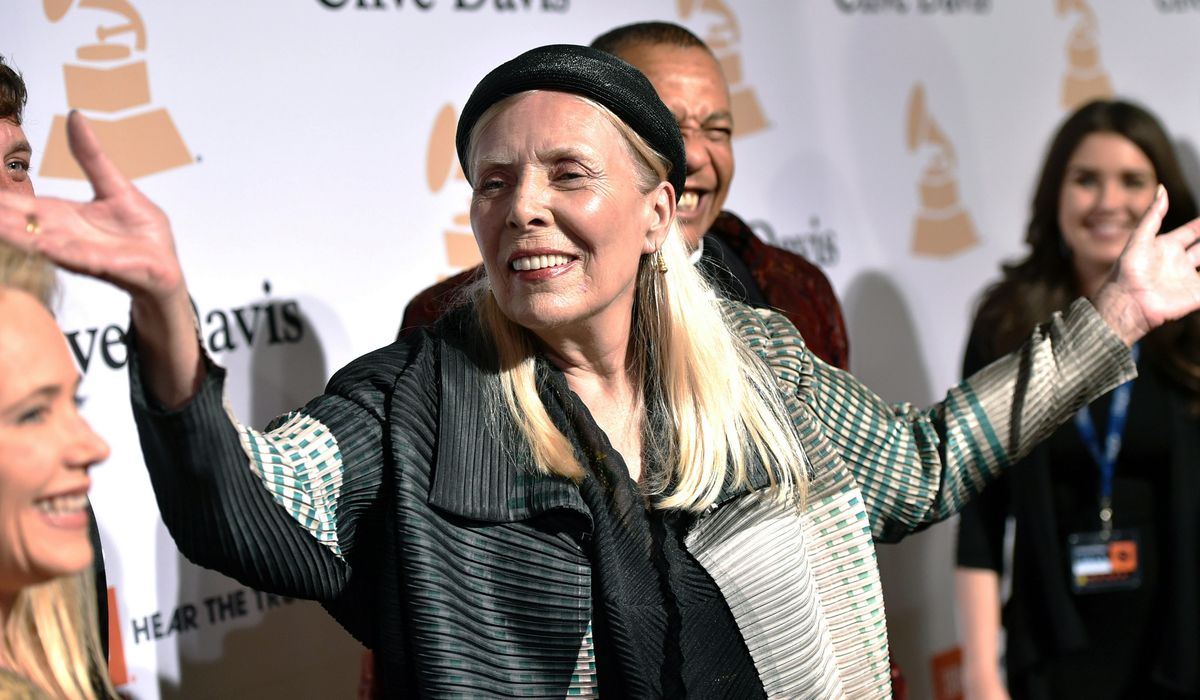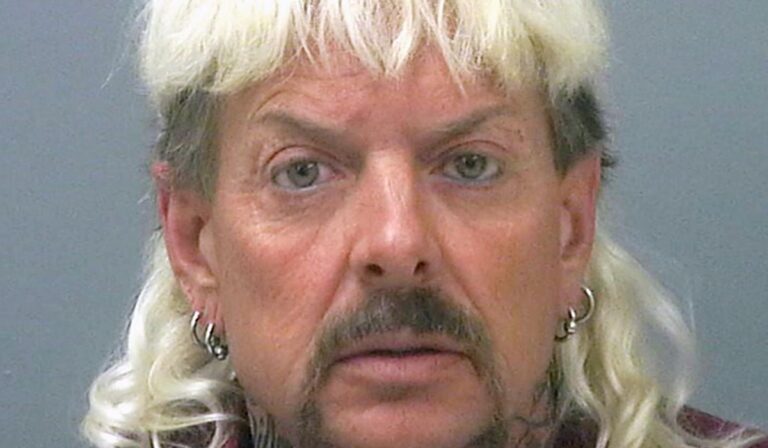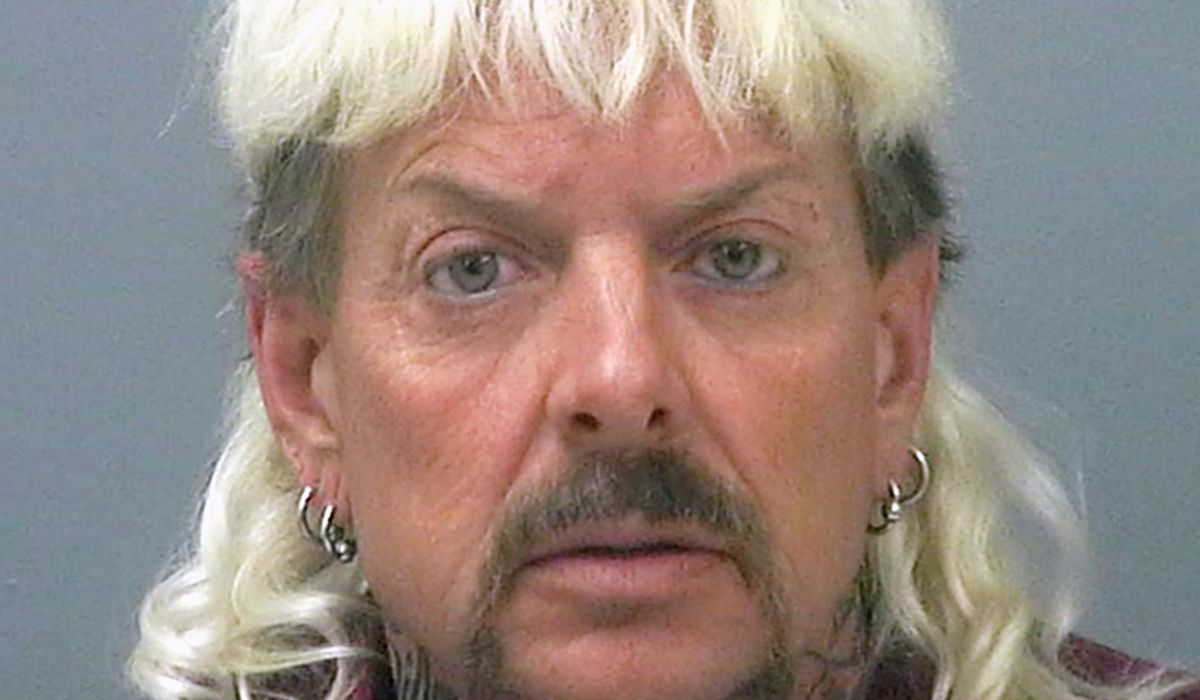MELBOURNE, Australia — Ash Barty will no longer need to overthink the 1970s when she prepares for the Australian Open.
The top-ranked Barty recovered from 5-1 down in the second set to beat University of Virginia product Danielle Collins 6-3, 7-6 (2) in the final on Saturday night, ending a 44-year drought for Australians at their home Grand Slam.
The pressure is off the 25-year-old Aussie, who has made a remarkable career comeback after taking time off – missing every Grand Slam tournament in 2015 and ‘16 – and briefly flirting with taking up a professional cricket career after three first-round exits at the majors in 2014.
The usually reserved Barty let out a yell of sheer delight when she finally ensured she was the first Australian singles champion here since Chris O’Neil won the women’s title in 1978.
“Yeah, it was a little bit surreal,” she said. “I didn’t quite know what to do or what to feel, and I think just being able to let out a little bit of emotion, which is a little bit unusual for me, and being able to celebrate with everyone who was there in the crowd, the energy was incredible tonight.”
Barty now has Grand Slam singles titles on three surfaces, adding the hard court at Melbourne Park to her win on grass at Wimbledon last year and on clay at the 2019 French Open. She joins Serena Williams as the only active players on the women’s tour with majors on all three surfaces.
“This is just a dream come true for me,” she said. “I’m just so proud to be an Aussie.”
Evonne Goolagong Cawley, a tennis icon with seven Grand Slam singles titles and a trailblazer for Indigenous athletes from Australia, was a surprise guest to present the champion’s trophy to Barty, who is part of a new generation of stars with Aboriginal heritage.
“Very lucky to be able to give her a hug in some of the biggest moments in my life,” Barty said. “To be able to experience that together on such a big occasion, on such a beautiful court, and in a tournament that means so much to both of us – it was really nice to have her there just as someone to lean on when I wasn’t really sure what to do.”
O’Neil was involved in the night, too, after carrying the trophy into the stadium for the pre-match ceremony.
Barty hadn’t dropped a set and had only conceded one service game through six matches, against American Amanda Anisimova in the fourth round.
The 28-year-old Collins was the fourth American to take on Barty in four consecutive rounds. Barty had beaten Anisimova, Jessica Pegula and 2017 U.S. Open runner-up Madison Keys in straight sets.
Collins spent much longer on court than Barty in her previous six matches, having to come back from a set and break down to beat Danish teenager Clara Tauson in the third round. She was hampered by a sore back, which prevented her from sitting down in changeovers during her matches.
Barty took the first set after saving a break point in the fifth game and then breaking in the next.
Collins hit back quickly, unloading with her powerful ground strokes and relying on her high-intensity game, breaking Barty‘s serve in the second and sixth games to take a 5-1 lead.
She twice served for the set and twice was within two points of taking her first Grand Slam final to a deciding set.
Collins led 30-0 in the seventh game of the set, but started to lose momentum when Barty jumped into a second serve and sent a return winner down the line. Two more powerful forehands earned her a breakpoint.
Collins went to the chair umpire to talk and got booed heavily by the crowd. The umpire asked fans to refrain from shouting during play, as a courtesy to both players.
When Collins lost the game, she got another chorus of boos.
Barty picked up the energy from an almost full house in Rod Laver Arena, despite government restrictions on ticket sales in the COVID-19 pandemic.
She won five of the next six games and dominated the tiebreaker.
“As an Aussie, the most important part of this tournament is being able to share it with so many people,” Barty said. “This crowd is one of the most fun I’ve ever played in front of. You relaxed me, forced me to play my best tennis.”
Barty was the top seed in Australia for a third straight year but her best run until Saturday was a semifinal loss to eventual champion Sofia Kenin in 2020.
Australian flags and the red, black and yellow Aboriginal flag were waved around the crowd. And Cathy Freeman, who carried both flags to celebrate her gold medal in the 400 meters at the Sydney 2000 Olympics – one of the defining images of those Games – was in the crowd, too.
Collins, whose previous best run at a major was a semifinal loss here three years ago, paid tribute to her longtime mentor Marty Schneider and her boyfriend Joe Vollen, who were in the stands for support.
“Thank you for believing in me,” she said, crying. “I haven’t had a ton of people believing me in my career.”
Collins, who was traveling without a coach, said she did everything she could to counter the world’s top-ranked player and only just came up short.
“I was pushed to the max, and I gave myself a chance there in the end,” she said. “So it was a great event for me. Accomplished some new things. Learned a lot of new things. Yeah, played against a great competitor tonight and it was a fun battle.”
Australia‘s drought in the men’s singles dates back to Mark Edmondson’s victory in 1976.
The host nation picked up another long-awaited trophy when wild-card entrants Nick Kyrgios and Thanasi Kokkinakis – the so-called Special Ks – finished off a fairly wild men’s doubles campaign by beating Matt Ebden and Max Purcell 7-5, 6-4. They were the first home-grown pairing to win it since 1997.
___
More AP tennis: https://apnews.com/hub/tennis and https://twitter.com/AP_Sports
Copyright © 2022 The Washington Times, LLC.


